What is VAE polymer?
Polymer science has revolutionized industries and everyday life, introducing a wide range of materials with diverse applications. One such versatile polymer, known as VAE (Vinyl Acetate Ethylene) copolymer, has gained prominence due to its unique properties and adaptability. In this article, we will explore what VAE polymer is, its composition, characteristics, and its various applications across different sectors.
Understanding VAE Polymer
VAE polymer is a copolymer, meaning it is composed of two different monomers: vinyl acetate and ethylene. The specific composition of VAE can vary, typically consisting of 50-60% vinyl acetate and 40-50% ethylene. This combination of monomers results in a polymer with a range of beneficial attributes.
Characteristics of VAE Polymer
Versatility: VAE is highly versatile, making it suitable for various applications. Its properties can be tailored to meet specific requirements by adjusting the ratio of vinyl acetate and ethylene during the polymerization process.
Adhesive Properties: VAE copolymer exhibits excellent adhesive properties, which is one of its primary applications. It is commonly used in the production of adhesives, including both water-based and hot-melt adhesives. These adhesives find application in industries such as packaging, woodworking, and construction.
Flexibility: VAE polymers are known for their flexibility, which is crucial in applications where the material needs to adhere to surfaces with varying degrees of curvature. This flexibility also contributes to their use in flexible packaging and textiles.
Resistance to Water: VAE copolymers are water-resistant, making them suitable for applications in damp or humid environments. This property is highly valued in the production of adhesives for outdoor use and in the construction industry.
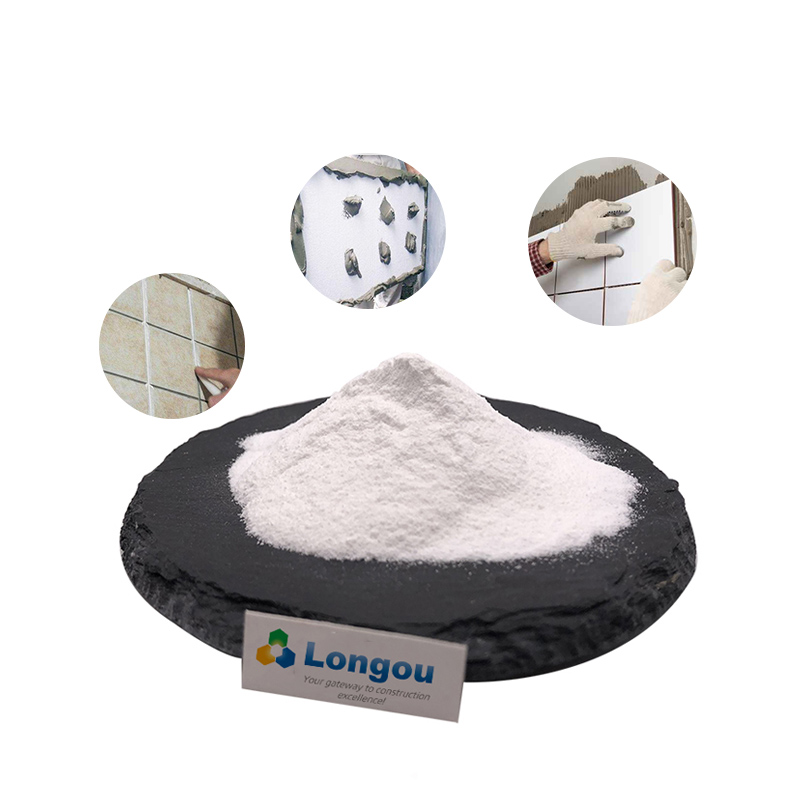
Low Toxicity: VAE powders are generally considered safe and have low toxicity. This quality is advantageous for applications where safety and environmental concerns are a priority, such as in food packaging.
Thermal Stability: VAE polymers offer good thermal stability, enabling them to maintain their properties at various temperature ranges. This makes them valuable in applications involving hot-melt adhesives and laminates.
Related links:What is Hydroxypropyl Methylcellulose Used For?
How to Use Polycarboxylate?
What Is Polycarboxylate Used for in Dentistry?
Understanding the Impact of Iron Oxide on Concrete
What Is Praziquantel?
What Are the Sizes of Photo Paper? What Are the Types of Photo Paper?
What Are the Precautions for Using Photo Paper?
Applications of VAE Polymer
Adhesives: One of the primary uses of VAE polymer is in the production of adhesives. Water-based VAE adhesives are utilized in industries like packaging, woodworking, and paper, where their strong adhesive properties and low environmental impact are advantageous. Hot-melt adhesives made from VAE are commonly employed in bookbinding, automotive assembly, and shoe manufacturing.
Paints and Coatings: VAE copolymers are used in water-based paints and coatings. They offer excellent adhesion, durability, and low odor, making them a preferred choice for architectural paints and coatings for walls, ceilings, and wood surfaces.
Textiles: In the textile industry, VAE is used as a binder in nonwoven fabrics, enabling the production of products like baby diapers, sanitary napkins, and medical dressings. The polymer's flexibility and comfort are essential for such applications.
Construction: VAE-based adhesives and binders are widely used in the construction industry. They are employed in applications such as tile adhesives, thermal insulation systems, and cementitious mortars, providing strong adhesion and durability.
Packaging: Flexible packaging materials often contain VAE polymers due to their excellent adhesion, water resistance, and flexibility. These materials are used for food packaging, laminated films, and various pouches and bags.
Pharmaceuticals and Food Packaging: VAE is a preferred choice for pharmaceutical and food packaging because of its low toxicity and high-quality sealing properties, ensuring the safety and integrity of the packaged products.
If you would like to learn about other chemical products, please click here.
In conclusion, Construction VAE polymer, with its unique combination of vinyl acetate and ethylene monomers, offers a wide array of properties and benefits that make it a valuable material in numerous industries. From adhesives to paints, textiles to construction, and even in the realm of packaging, VAE polymer continues to play a crucial role in modern manufacturing and technology. Its adaptability and versatility make it a prime candidate for addressing the evolving needs of various industries, ensuring a future where VAE remains a key player in material science and product development.
A Brief Introduction to Hydroxypropyl Methylcellulose (HPMC)
What is dimethyl urea nail hardener?
What is a substitute for PVA?
Is HPMC Safe for Use in Tile Adhesive?
What is 3 hydroxypyridine used for?
Is Polyacrylamide the Secret Ingredient for Youthful Skin?
Is Theobromine the New Caffeine Replacement?
103
0
0
Related Articles
-
Unlocking the Benefits of 3-Methyl-1-Phenyl-2-Pyrazolin-5-One
Unlocking the Benefits of 3-Methyl-1-Phenyl-2-Pyrazolin-5-One.
16
0
0
-
171
0
0
-
171
0
0
-
172
0
0
-
176
0
0
-
171
0
0
-
141
0
0
-
150
0
0

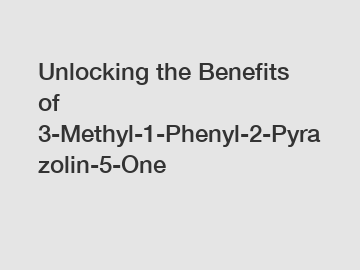
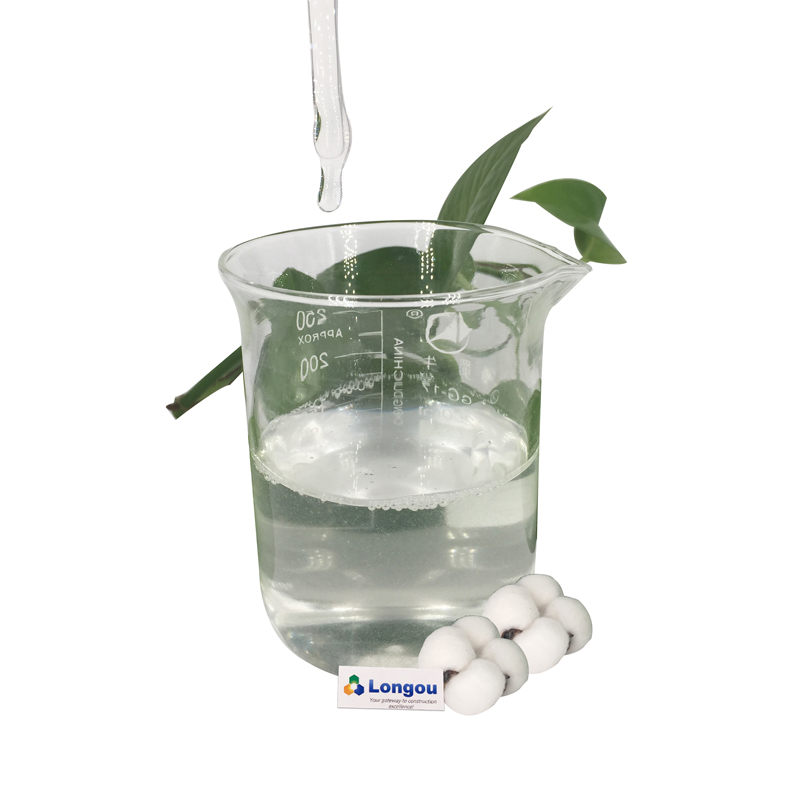
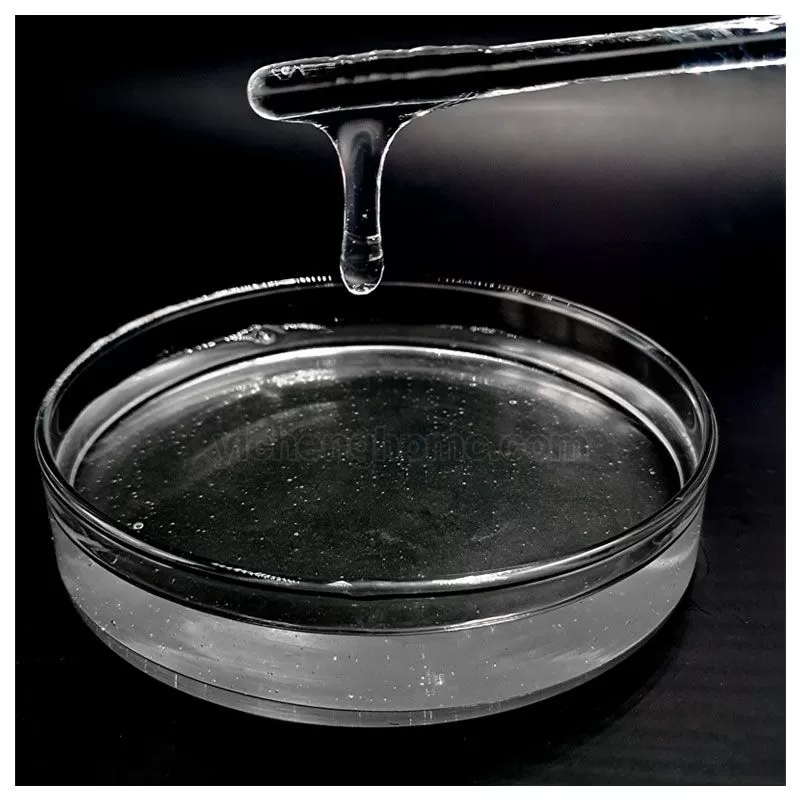
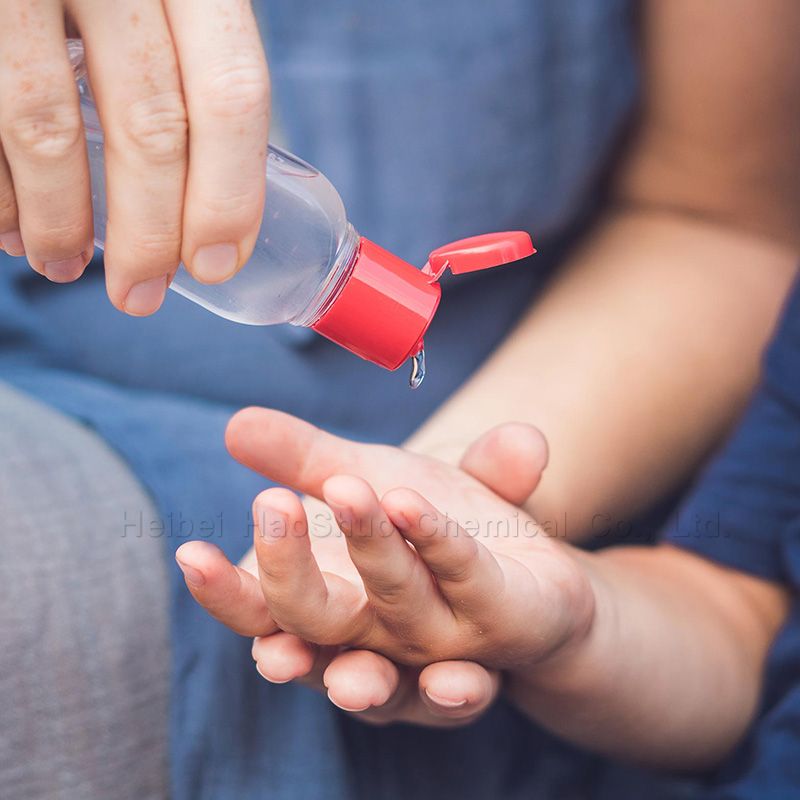
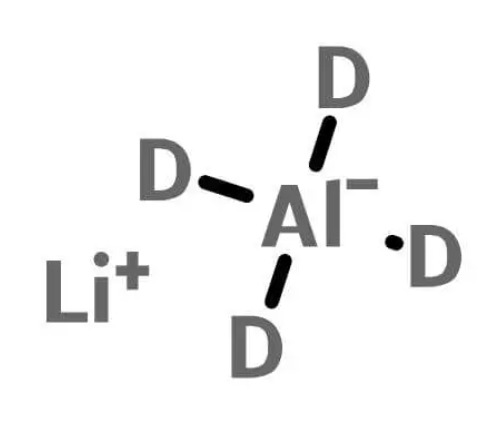
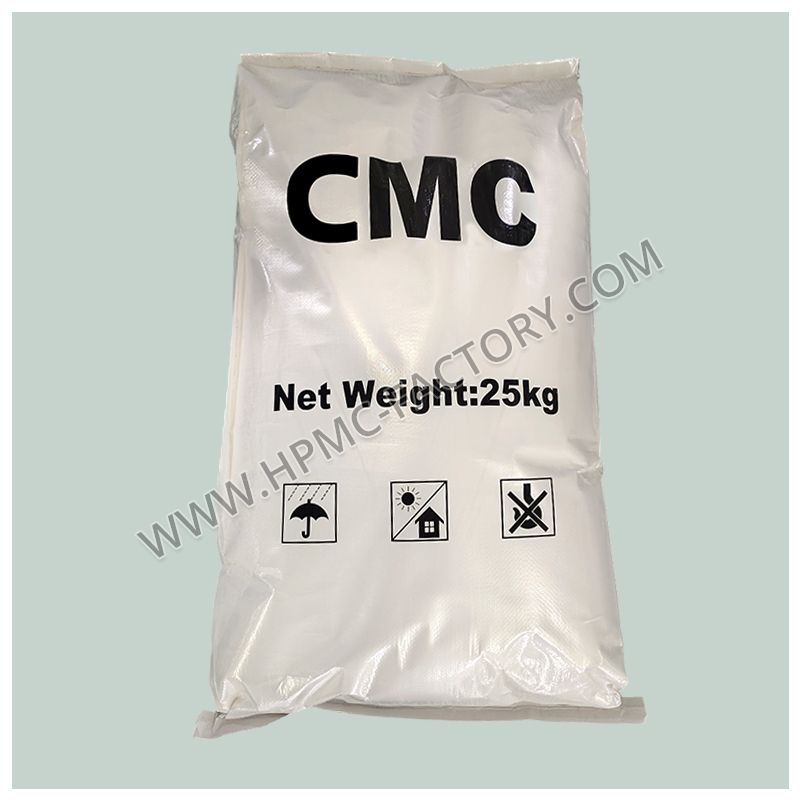
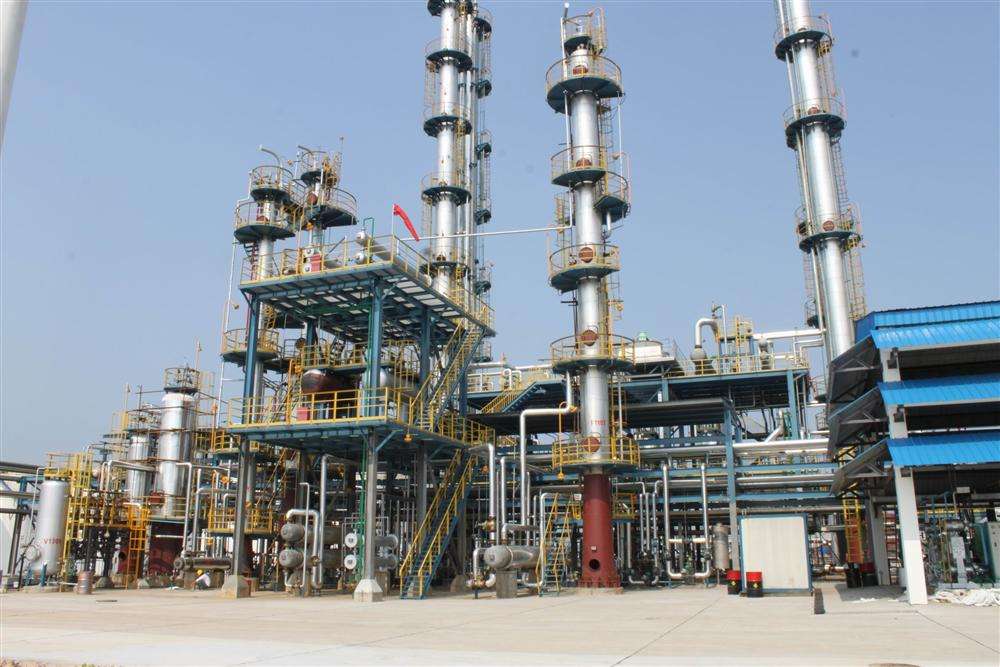
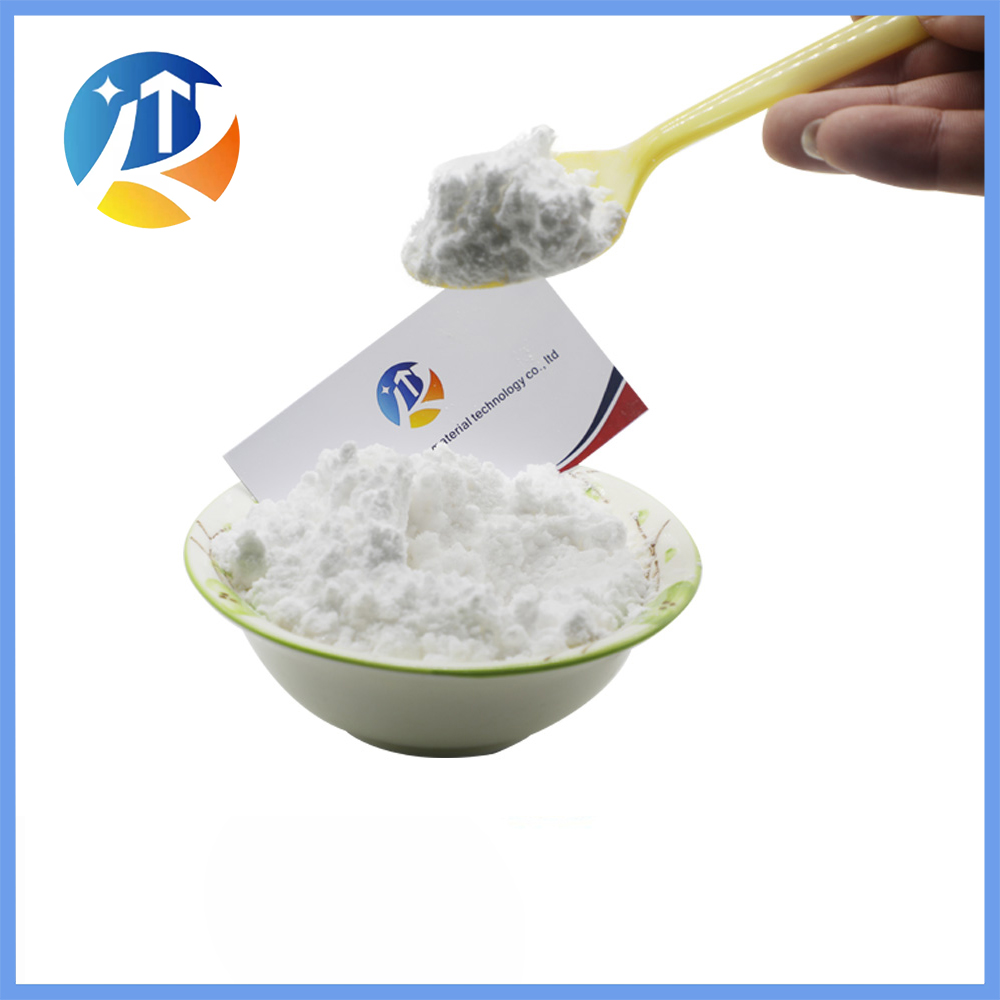
Comments
All Comments (0)